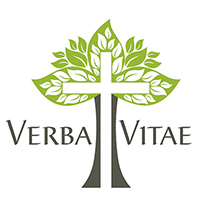Embodied Souls Exploring Human Personhood in the Age of AI
Main Article Content
Abstract
In an age increasingly influenced by artificial intelligence (AI), Lutheran theology calls for a renewed understanding of human personhood grounded in the biblical revelation that people are uniquely created in God’s image (Gen 1:26–27). This essay examines the distinctively Lutheran theological anthropology, which emphasizes the integral unity of body and soul against reductive philosophical frameworks. Drawing from Scripture’s authoritative witness, the discussion explores key theological concepts: humanity as image-bearers of God, the holistic nature of human existence, and the promise of bodily resurrection. By critically examining biblical teachings and contrasting them with Greco-Roman philosophical dualism, the essay affirms the goodness of God’s creation and the centrality of Christ’s redemptive work. It challenges reductive technological perspectives by highlighting the fundamental distinction between human beings—created as whole persons in relationship with God—and AI as a mere instrumental tool. The study concludes by proposing a distinctly Christian approach to technological advancement, rooted in the Lutheran understanding of vocation (vocatio): using technological tools in service to God and neighbor while maintaining a theological perspective informed by the complementary principles of Law and Gospel.
Downloads
Article Details
References
Arias, Carlos R. “An Introduction to Artificial Intelligence.” In AI, Faith, and the Future: An Interdisciplinary Approach, 15–51. Eugene, OR: Pickwick Publications, 2022.
